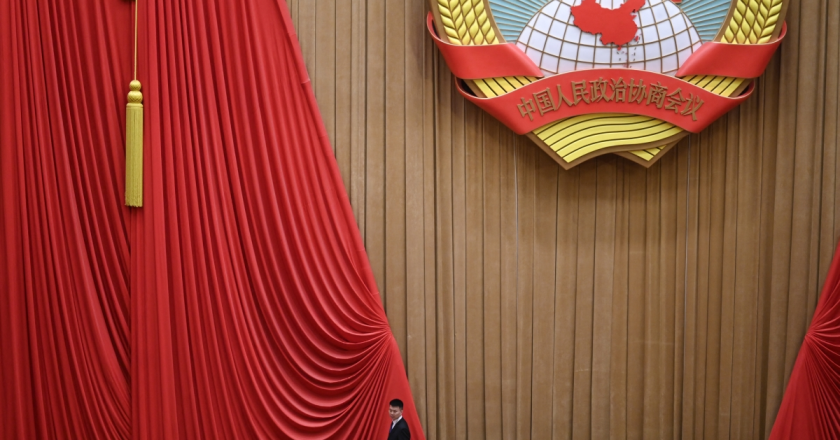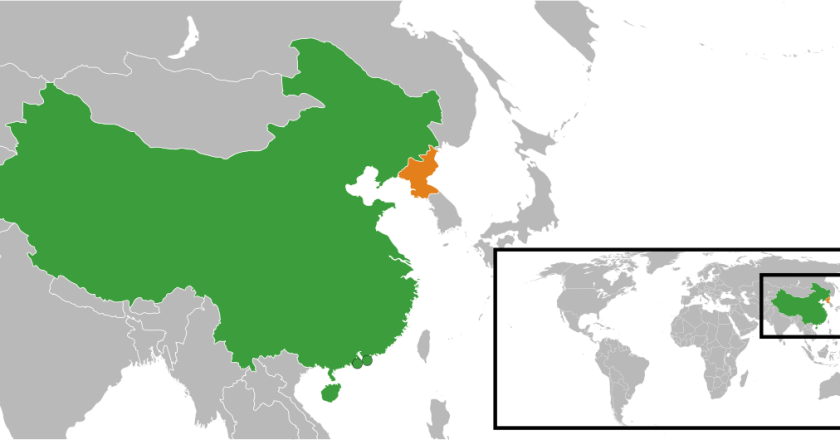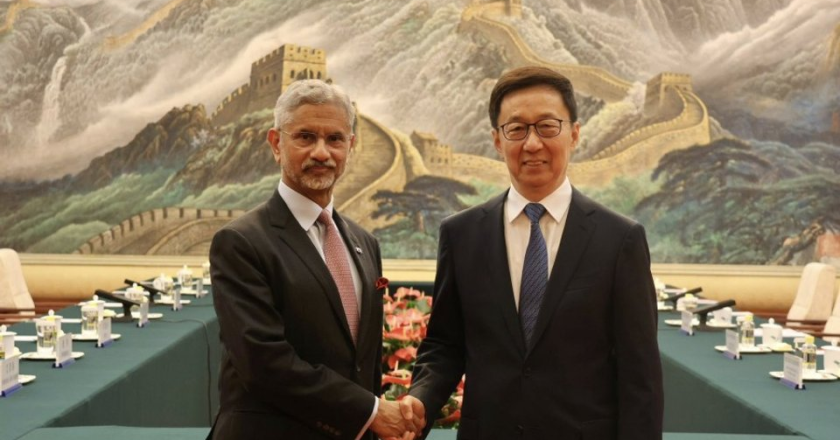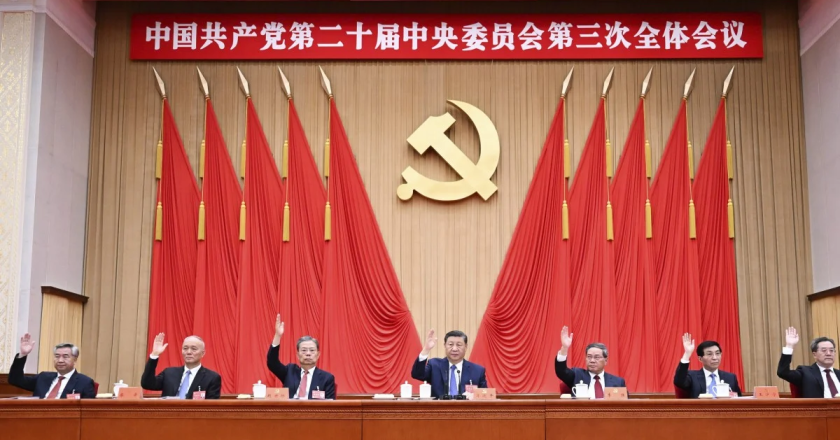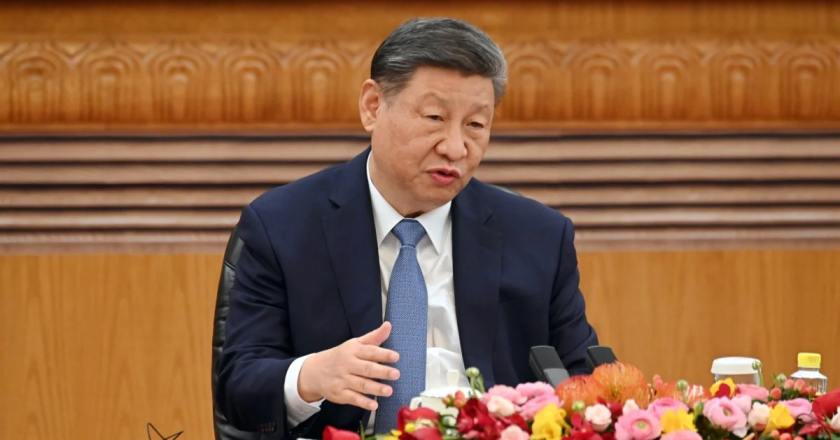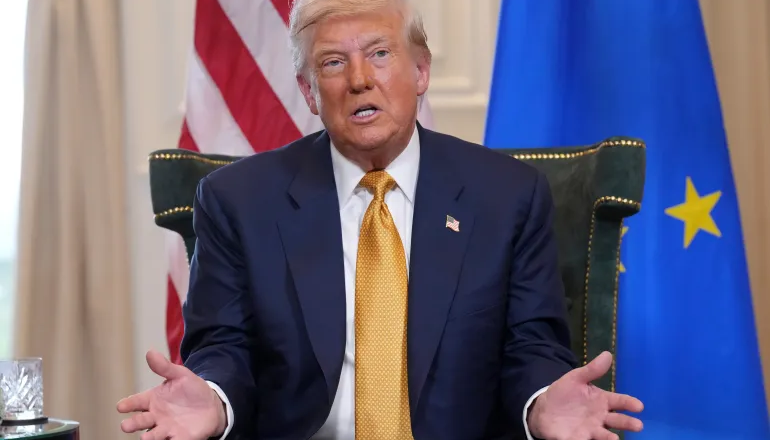Xi tells Putin China will continue to promote peace talks in Ukraine crisis
Chinese President Xi Jinping said on Friday that China will remain consistent in its position on the Ukraine crisis and will continue promoting peace talks no matter how the situation evolves.
In his phone talks with Russian President Vladimir Putin, Xi elaborated on China's principled stance on the crisis and stressed that complex issues have no simple solutions.
The Chinese side is glad to see Russia and the United States maintain contact, improve their relations and promote a political settlement of the Ukraine crisis, Xi said.
Putin, on his part, shared Russia's perspective on the current situation of the Ukraine crisis and the recent interactions between Russia and the United States.
He said Russia highly appreciates China's constructive role in promoting a political ...



